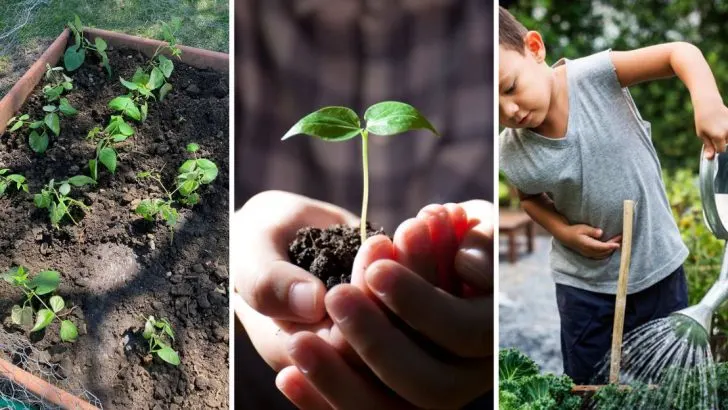Spending time in the garden with my grandmother taught me more than just how to grow plants; it imparted valuable life lessons that I carry with me every day.
From patience and perseverance to the importance of nurturing relationships, the garden became a classroom where wisdom was passed down with every seed planted. In this article, I’ll share 14 meaningful life lessons I learned from helping Grandma in her garden.
These lessons not only shaped my gardening skills but also my perspective on life, teaching me how to grow, adapt, and appreciate the little things that make life beautiful.
Patience is a Virtue
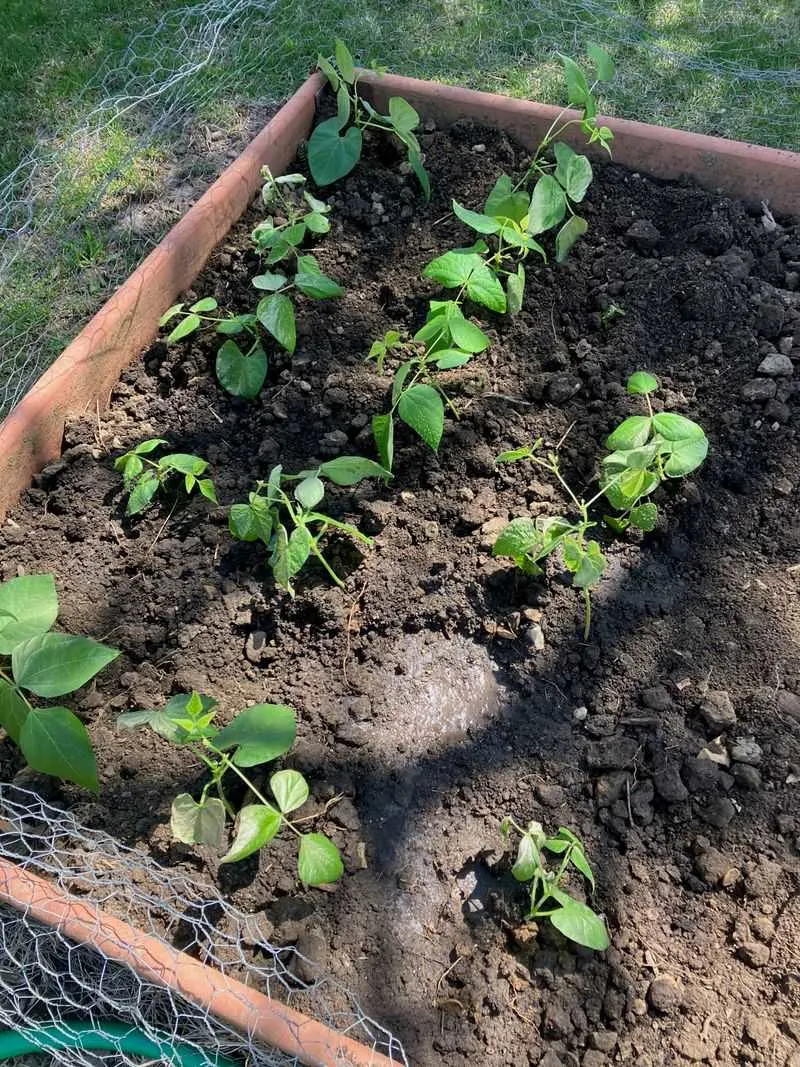
In the garden, waiting for seeds to sprout and plants to grow teaches patience like no other. One can’t rush nature; it unfolds at its own pace. This lesson applies to life’s challenges, reminding us that everything worthwhile takes time. Watching Grandma patiently prune and nurture her plants, I learned the value of waiting. The garden taught me that persistence and patience often yield the sweetest rewards. It’s a quiet acceptance of time’s role in growth that spills over into daily life, fostering patience beyond the garden’s edge.
The Importance of Resilience
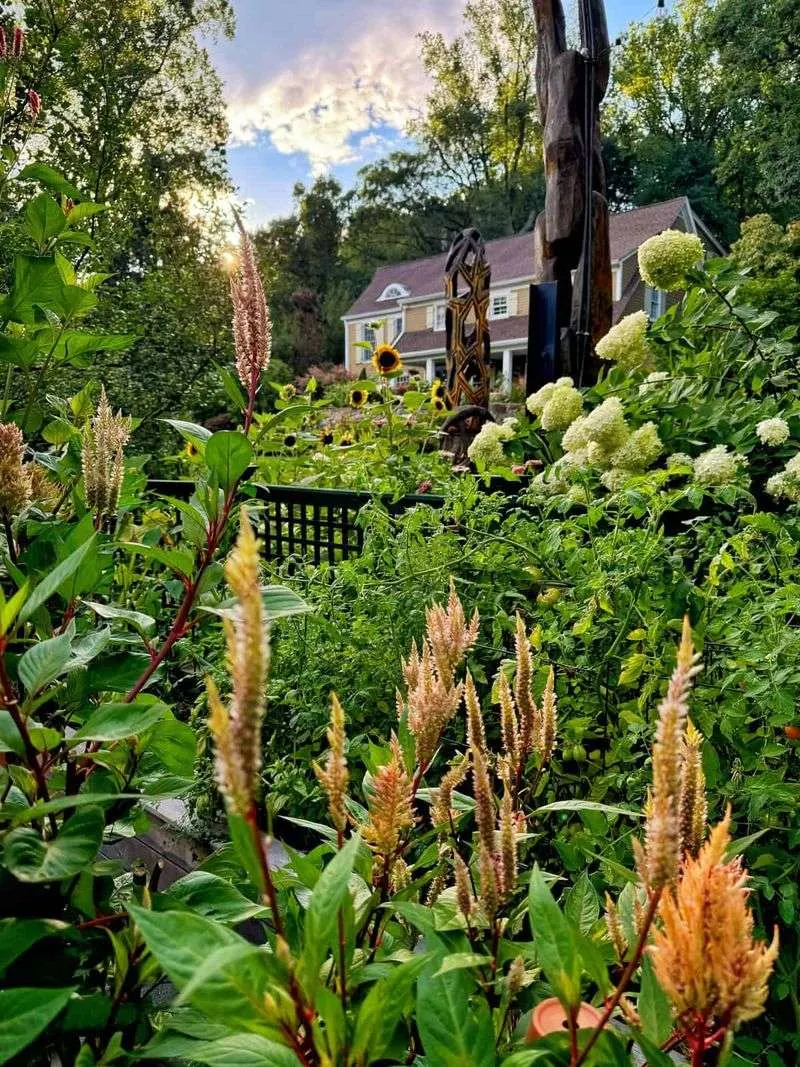
Gardening shows that setbacks are temporary. After a storm, plants may look defeated, but they often recover with care. This resilience in nature teaches us to bounce back from life’s difficulties. Grandma’s unwavering dedication to reviving her garden after bad weather instilled in me a sense of perseverance. Witnessing her efforts reminded me that resilience is key to overcoming obstacles. It’s a lesson in strength and recovery, proving that challenges are just stepping stones to growth. This natural resilience became a metaphor for handling life’s unpredictable turns.
Understanding Life Cycles
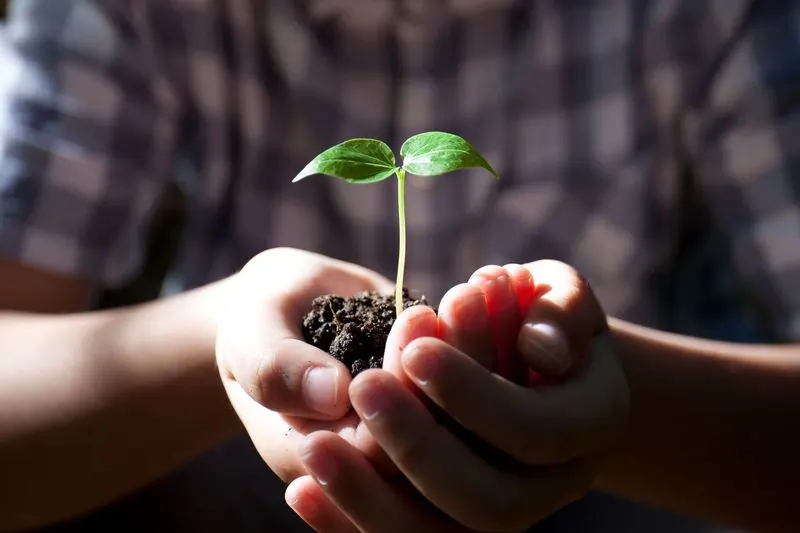
Witnessing the life cycles of plants and insects in the garden reveals the interconnectedness of life. Understanding these cycles fosters a deeper appreciation for nature’s rhythm. Grandma’s garden was a tapestry of life stages, from seedlings to flowering plants. Observing this process highlighted the beauty of life’s transitions. It’s a reminder that every ending is a new beginning. This understanding extends to our own lives, helping us embrace change and growth. The garden’s cycles mirror the ebb and flow of human experiences, teaching acceptance of life’s natural progression.
Value of Consistency
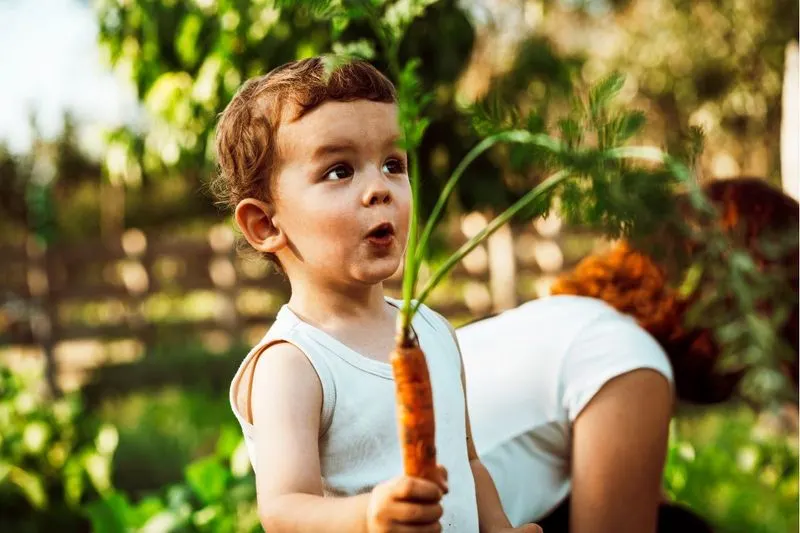
Tending a garden requires regular care and attention, demonstrating the importance of consistency. Daily routines, like watering and weeding, ensure a thriving garden. Grandma’s unwavering commitment to her gardening schedule taught me the power of consistency. This discipline translates into everyday life, emphasizing that little, consistent efforts yield significant results over time. It’s about building habits that nurture both plants and personal growth. The lesson of consistency underscores the idea that dedication, no matter how small, leads to flourishing outcomes. Consistency is a key ingredient in the recipe for success.
Nurturing Brings Joy
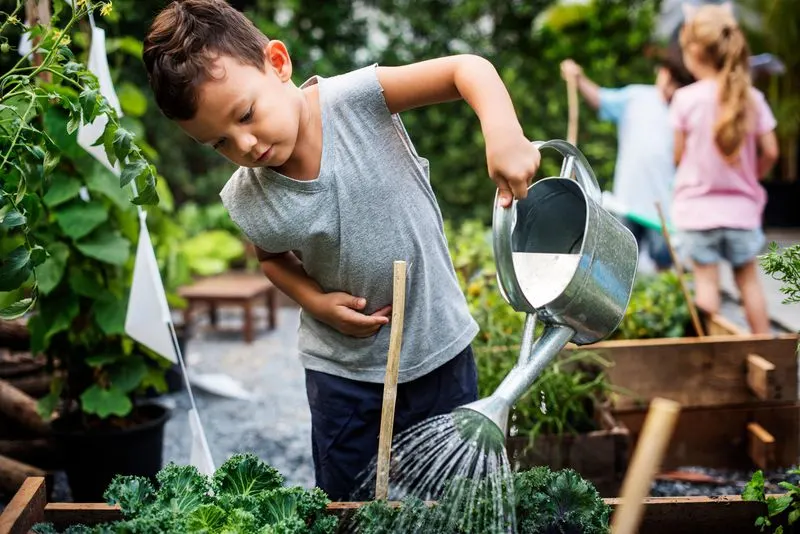
The act of nurturing plants brings immense joy and satisfaction. Caring for a garden is a labor of love, rewarding the nurturer with beauty and bounty. Grandma’s joy when a plant flourished was contagious, teaching me that nurturing life, in any form, enriches the soul. The happiness derived from seeing her garden thrive was a lesson in finding joy in simple acts of care. This nurturing spirit translates beyond gardening, reminding us that compassion and care for others lead to fulfillment. Joy blooms when we invest love and attention into the lives around us.
Embracing Imperfection
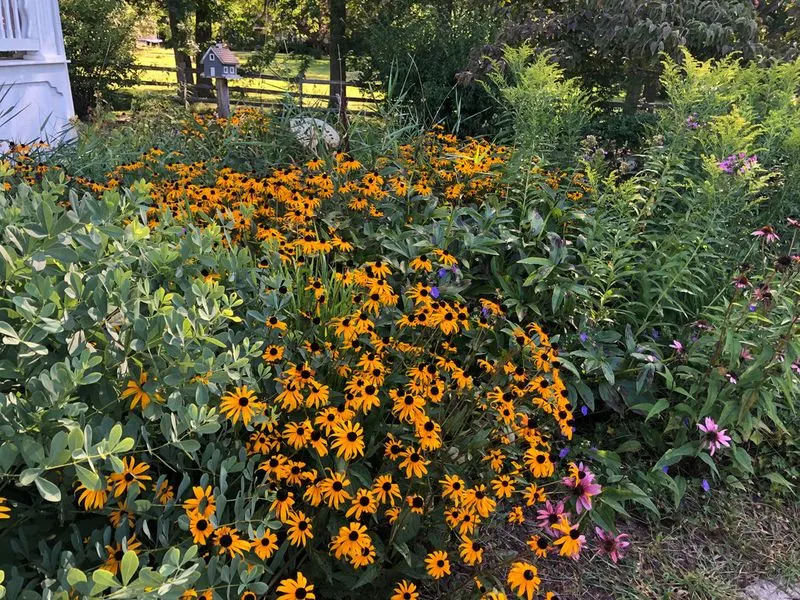
In gardening, perfection is a rarity, and embracing imperfection becomes essential. Each plant grows uniquely, often with flaws that add character. Grandma taught me to appreciate these imperfections, finding beauty in the unexpected. Her garden was a testament to nature’s quirks, a haven of diversity and originality. This acceptance of imperfection applies to life, encouraging us to embrace our own flaws. It’s a reminder that true beauty lies in authenticity, not perfection. The garden’s imperfect flowers symbolize the charm of individuality, a lesson that resonates far beyond its borders.
Power of Observation
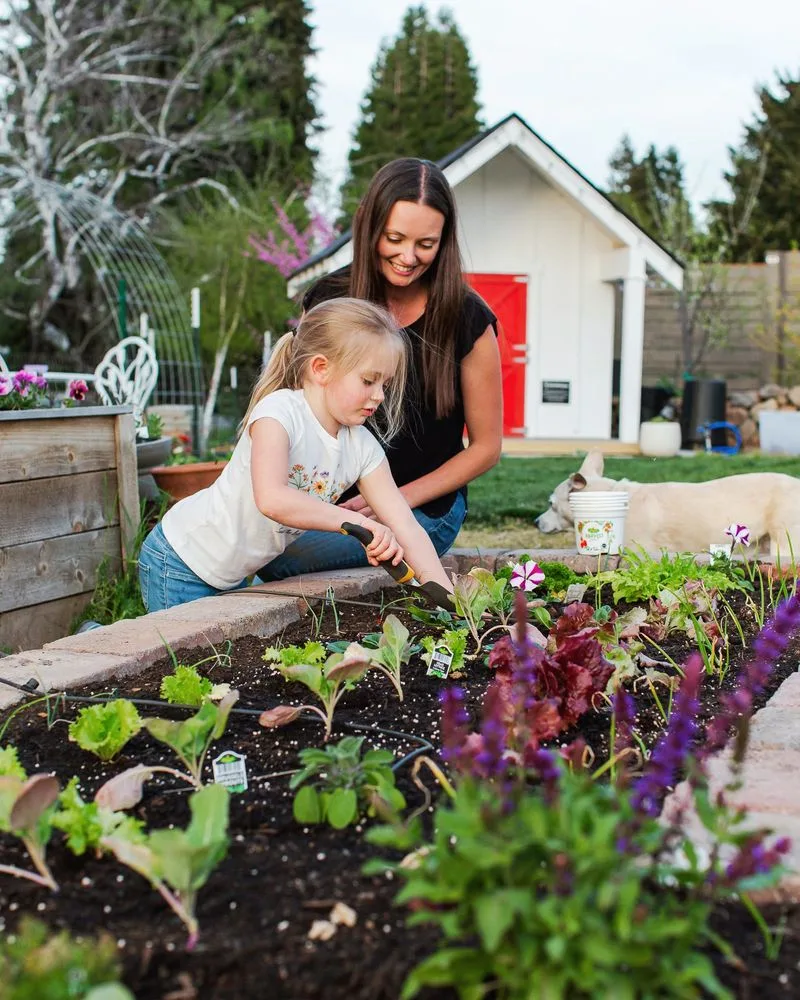
Gardening nurtures a keen sense of observation, encouraging us to notice the small details. Grandma’s garden was an invitation to observe the intricate dance of life among plants and insects. This attentiveness taught me the value of fully engaging with my surroundings. Observing nature’s subtleties fosters curiosity and mindfulness, enhancing our connection to the world. It’s a lesson in appreciating the beauty in everyday moments, reminding us to slow down and pay attention. This focused observation extends beyond the garden, enriching life with a deeper sense of awareness and wonder.
Appreciating Simplicity
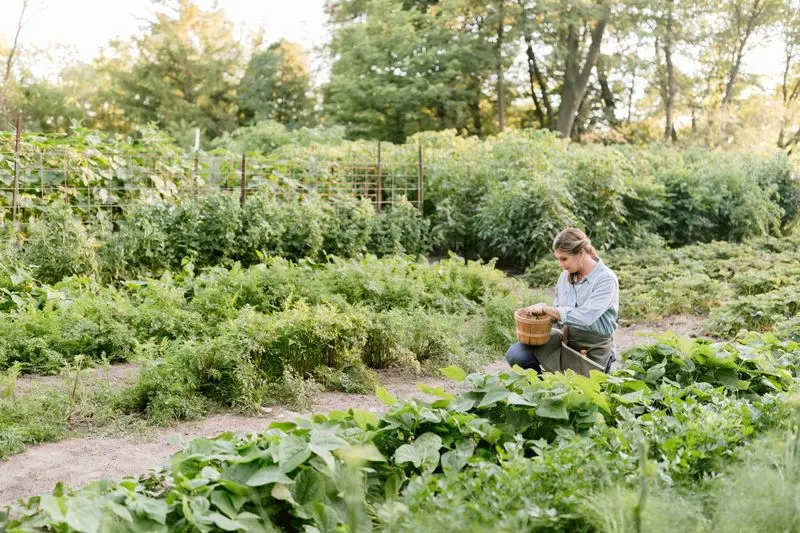
The garden offers a sanctuary of simplicity, a place where life’s complexities fade away. In Grandma’s garden, the simple joy of watching flowers bloom taught me to appreciate life’s uncomplicated pleasures. This simplicity is a balm for the soul, a reminder to savor the present moment. The garden’s serene ambiance invites us to pause and enjoy life’s quiet beauty. This appreciation for simplicity spills over into daily life, encouraging a focus on what truly matters. In a world often filled with chaos, the garden’s simplicity teaches the elegance of a calm, uncluttered life.
Teamwork in Nature
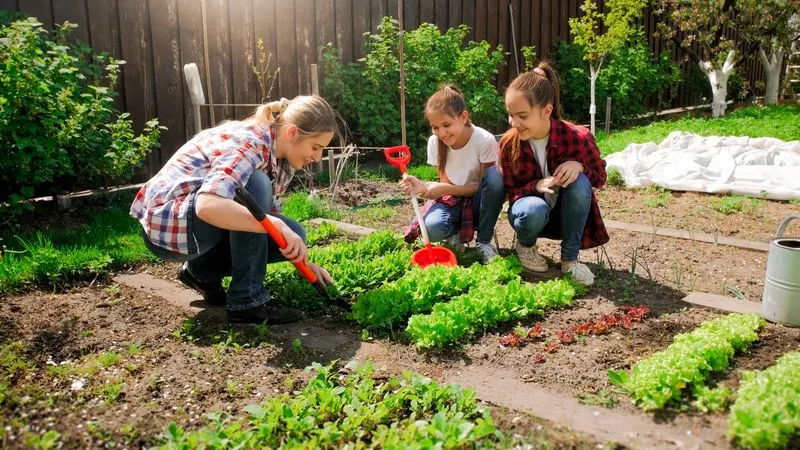
Gardening often involves collaboration, reflecting teamwork’s importance. Tending to a garden as a family showcased the power of working together towards a common goal. Each member played a crucial role, whether planting, watering, or harvesting. This shared effort taught me the value of collaboration and mutual support. The garden became a microcosm of community, where teamwork thrived. It’s a joyful reminder that collective efforts often lead to more fruitful outcomes. The lesson of teamwork in the garden translates into everyday life, emphasizing the strength found in unity and shared purpose.
Respect for Nature
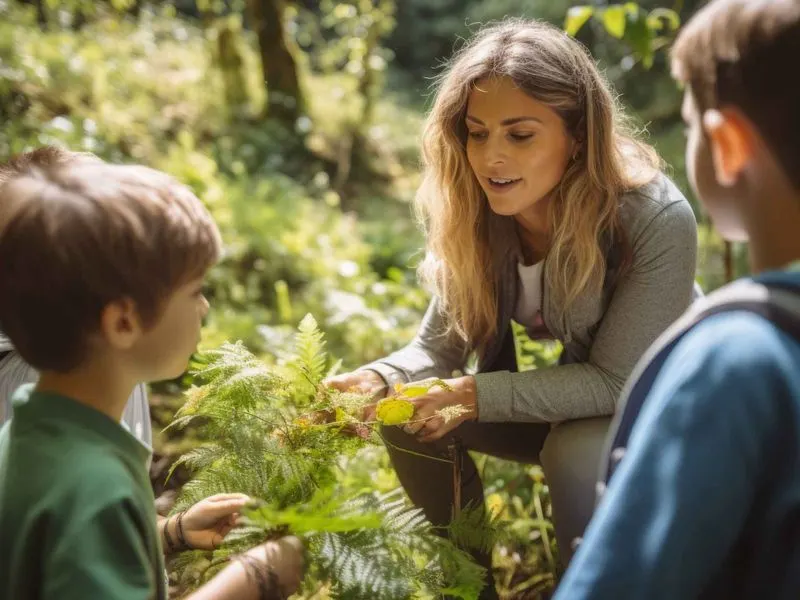
A sense of respect for nature is cultivated in the garden, where each organism plays a vital role. Grandma’s reverence for her plants and the environment was palpable, teaching me the importance of caring for the natural world. This respect extends to the broader ecosystem, fostering environmental stewardship. The garden became a sacred space where nature’s balance was honored. It’s a lesson in sustainability, reminding us to treat our planet with kindness and consideration. Respect for nature nurtures a sense of responsibility to protect and preserve our environment for future generations.
Dealing with Loss
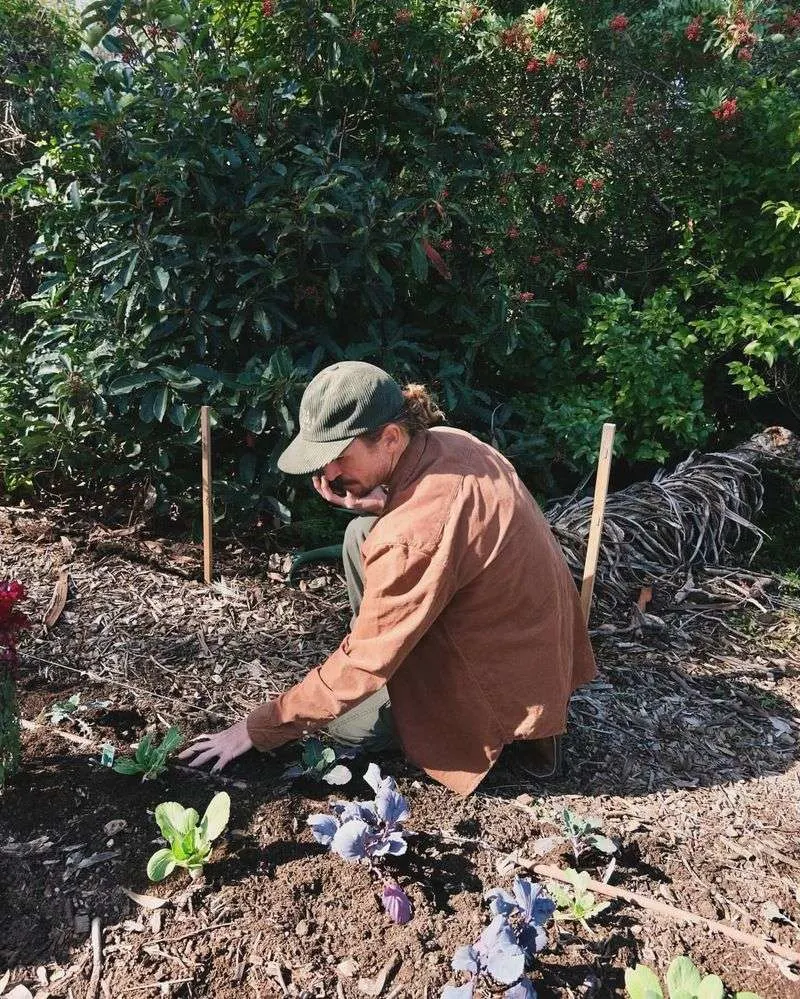
Gardening teaches us to deal with loss, as not every plant thrives. Witnessing the occasional failure in the garden highlighted the inevitability of loss. Grandma’s acceptance of a failed crop was a poignant lesson in resilience and letting go. It emphasized that loss is a natural part of life’s cycle, one that can lead to new beginnings. This understanding fosters emotional strength, encouraging us to navigate loss with grace. The garden’s lessons in loss are mirrored in life’s challenges, teaching acceptance and the courage to start anew despite setbacks.
Growth from Adversity
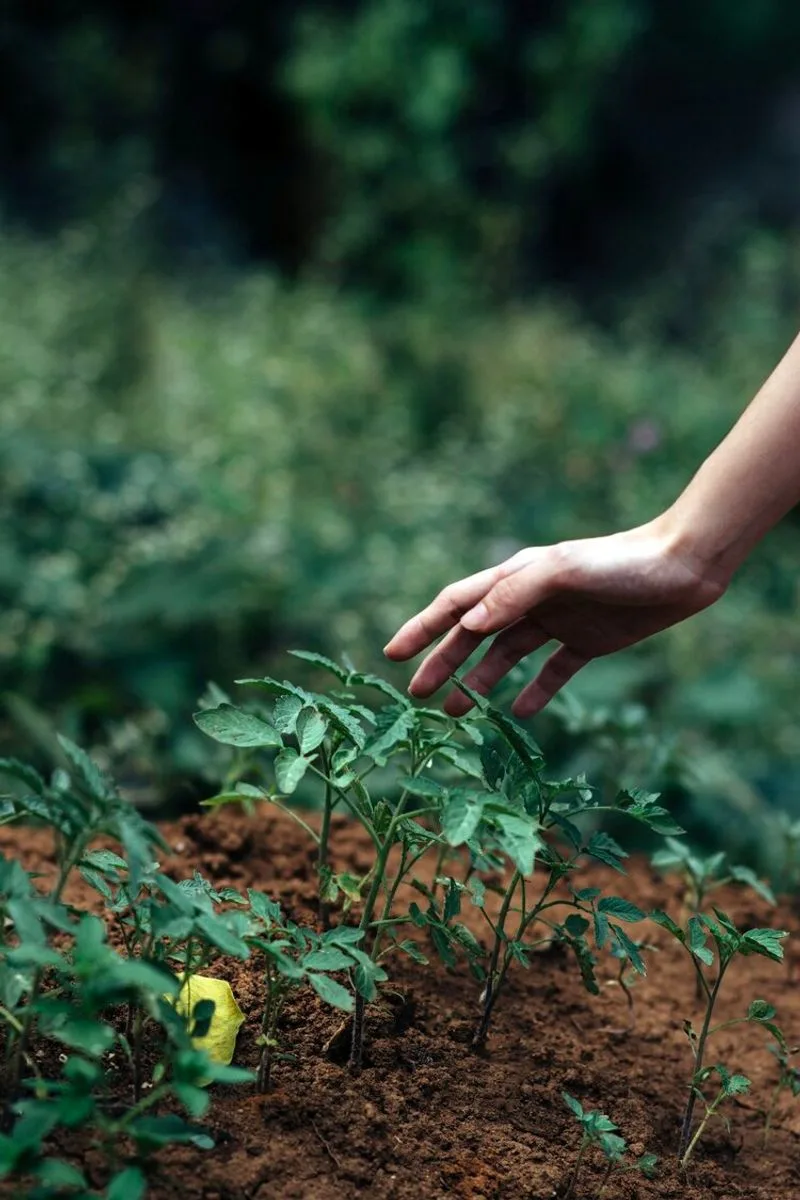
Adversity often fuels growth, as seen in plants that flourish in challenging conditions. The garden taught me that obstacles can lead to unexpected growth and strength. Grandma’s ability to nurture plants in less-than-ideal environments showcased resilience. This lesson applies to life, emphasizing that challenges can be opportunities for growth. It’s about finding strength in adversity and thriving despite difficulties. The garden’s resilient plants serve as metaphors for perseverance, inspiring us to embrace challenges with a positive attitude. Growth from adversity is a testament to the power of determination and hope.
Interconnectedness of Life
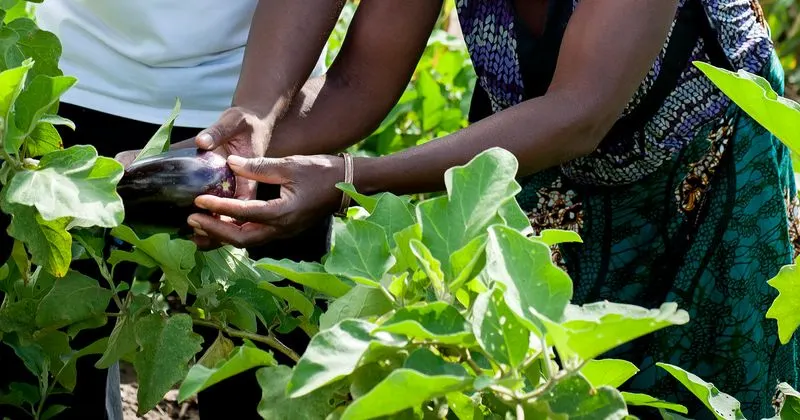
The garden is a living network, illustrating life’s interconnectedness. Each plant, insect, and animal plays a role in this harmonious ecosystem. Grandma’s garden was a vibrant tapestry of interdependent life, teaching me the value of connection. This interconnectedness extends beyond the garden, reminding us that our actions impact the world around us. It’s a lesson in empathy and understanding, fostering a sense of unity. Embracing life’s interconnected nature encourages us to build meaningful relationships and appreciate the diverse web of life. The garden’s network is a beautiful reminder of our shared existence.
Finding Peace in Nature
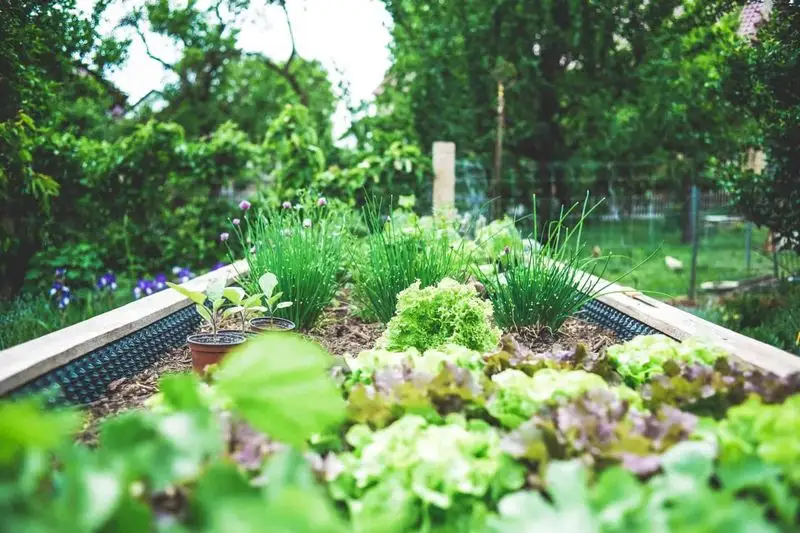
Nature offers a peaceful refuge from the hustle of daily life. In Grandma’s garden, I discovered the calming effects of being surrounded by greenery. The garden became a sanctuary of serenity, teaching me to find peace amidst chaos. This tranquility encourages mindfulness and reflection, fostering inner calm. The garden’s peaceful ambiance invites us to slow down and connect with our surroundings. It’s a lesson in finding balance, reminding us that nature is a powerful antidote to stress. The peace found in the garden translates into a more centered, harmonious life.

